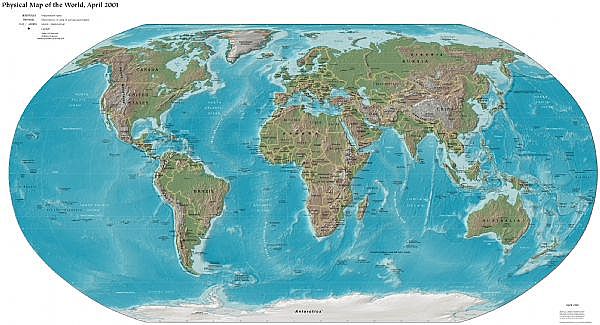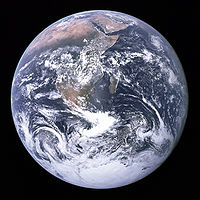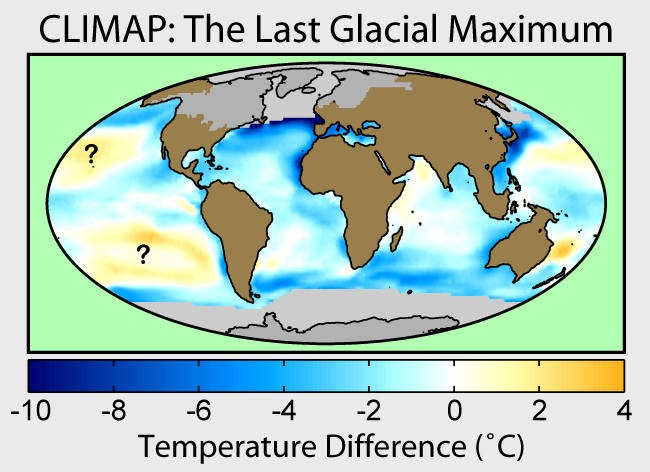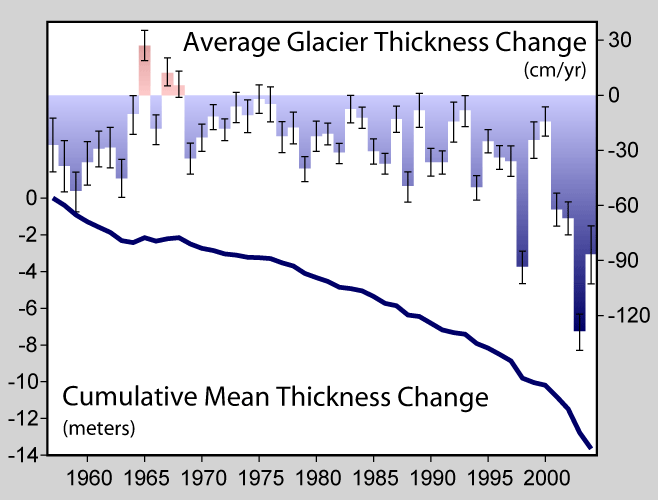Modern human civilization has been defined by the geology/geography of our planet.
We lived through a consistently paced human history until the time of the industrial revolution - then our civilization really took off. The biggest factor was cheap and easy-to-find oil that literally gushed from the ground.
This highly efficient form of energy nurtured the heavy industries of steel, railroads, energy and enabled huge, leap-frog changes, wars, conquest, skyscrapers, ships, automotive etc.

And humans managed to conquer the vast oceans too — but not until we could navigate over the forbidden horizons of water. Navigation away from safe shorelines required accurate timekeeping to navigate using the sun and moon to calculate precise locations. Whereas, land-based navigation requires only a view of any landmark - any map will suffice. Without the geography of oceans covering most of our planet, where was our need to innovate?
The same applies to the pressure to invent the radio. Land based transit and communications had been doing quite well with telegraph wires and telephones. But the oceanic barriers were well-tamed by wireless communication. Radios were first used as wireless telegraphs to communicate with shipping.
Our planet geography has determined, directed, and demanded technical innovation. The transoceanic underwater cable is still used today - but it is very expensive to lay thousand of miles of cable. That cost and risk pushed for the launch of communication satellites that more than replaced undersea cable functionality.
The very geography of our planet has directed civilization.

“What if” is a great exercise in understanding history. Imagine our civilization without any oil - we would have seen a very limited, slower industrial revolution - more evolutionary. And of course, plentiful liquid fuel is key to our wide dependence on aviation.
Or imagine a history in a world without such vast oceans. If our seas were small (like the Mediterranean or smaller), then land-based transit might still dominate - no need for as many ships. We would have no need for navigation, no need for accurate timepieces, no pressing need for radio. Geology is destiny.
I look forward to reading Geodestinies by Dr Walter Youngquist - called “the classic text on global resources and their depletion”.
A new edition for this 12 year old book is due out soon… good thing, as this is out-of-print (1997), with used copies going for around $80 and up…
The future of less will arrive for citizens of industrial and developing countries by small increments of change, but which, in retrospect will combine to be seen as a century of profound changes to a degree of rapidity and consequence as never before. We now live moment by moment, only moderately aware of these incremental changes. It is unlikely, although not impossible, that there will be catastrophic changes in lifestyles and economies. But slowly and inevitably the related problems of resource depletion and population growth will become increasingly apparent. We have the opportunity in various ways to modify the impact of these events, but so far there is little evidence this is being done. The industrial world and its political framework seems committed to the road of increased consumption and more people to consume, for that is what keeps the game going - for the moment, but is unsustainable very far into the future.
Walter Youngquist, November 2009 from http://europe.theoildrum.com/node/5974

Amazon book reviewers had nothing but great comments.
Worth checking this blog since it attracts some very wise comments. http://www.theoildrum.com/

